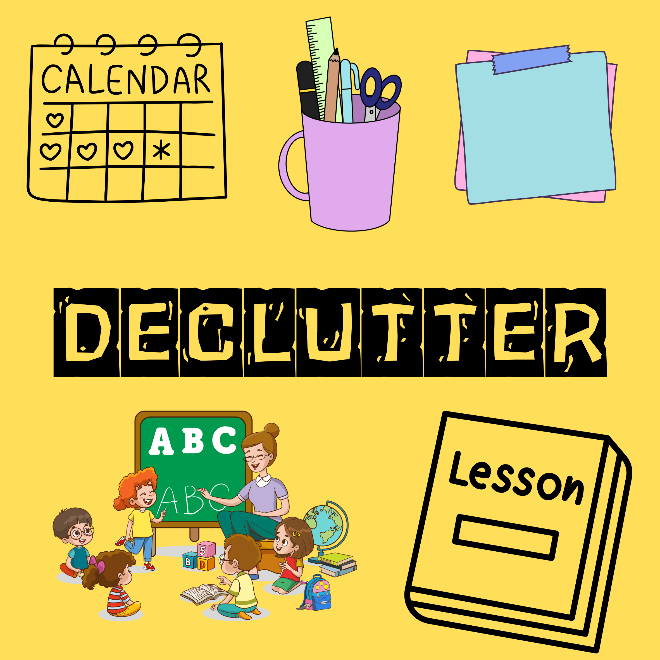February 2nd, 2026
All of the talk about the importance of early childhood education and family engagement for young learners may be paying off. Two recently published studies from the
American Educational Research Association show that the school readiness and early childhood parental investment gaps are narrowing between economically-disadvantaged and affluent students.
In the first study, researchers looked at school readiness for high- and low-income students entering kindergarten. Academic achievement in Math and Reading were two of the areas measured. They found that the gap between the two groups students declined by 9.8% in Math and 16.3% in Reading from 1998 to 2010.
In the second study,
researchers compared the early childhood experiences of high- and low-income kindergarten students in 1998 and 2010. What they found was that the high-, middle-, and low-income students in 2010 all showed an increase in home computer usage, an increase in the number of books at home and the likelihood of reading with their parents, and an increase in participation in enriching activities like singing, crafts, library visits, dance and sports; however, the increase was biggest for the low-income students.
One researcher believes there may be two reasons for the narrowing gaps:
- There is better access to high-quality preschool programs for low-income families. Thanks to increasing support from politicians, education leaders and communities, the word has been spreading about the importance of high-quality early childhood education and preschool programs. Head Start and other programs helping low-income students receive quality early education have seen a boost in government funding. Commitment from the US President with the Every Student Succeeds Act and Preschool for All Initiative has helped build awareness, focus priorities on early education, and expand access to the young learners who need it most.
- More families are becoming involved in the learning of their young students. Education and early literacy advocates have been working hard to reach parents and caregivers to explain the
critical role they play in their child’s educational success. By investing more in enriching activities with their children and with increased beliefs about the skills needed to prepare their young learners for school, more parents and families are getting involved.
School districts and early childhood programs all over the country are using supplemental programs like GrapeSEED to enhance the quality of the education they are providing and to get families involved. GrapeSEED is being used in preschool, Head Start, Great Start Readiness Program classrooms and in other early childhood education classrooms to give students a solid foundation in oral language and critical listening as they prepare for kindergarten and learning to read. The Shared Reading Big Books, Poems, Chants, Songs, and Action Activities, along with student take-home materials, provide many opportunities for dancing and movement, oral language and reading practice, teacher-student interactions and parent involvement.

Much more needs to be done to shrink and eliminate these gaps in school readiness and family involvement. Additional funding is needed to improve the quality of early childhood education programs and preschools and to make these programs accessible to all students. Schools, educators and communities must continue to find ways to get parents and families involved,
including the families of English Language Learners. Parents should be encouraged to
promote literacy development in their children through shared reading, singing, positive feedback, and modeling, for example. Trips to the library, zoo and museum can also provide language-rich experiences as well as much-needed family time.





